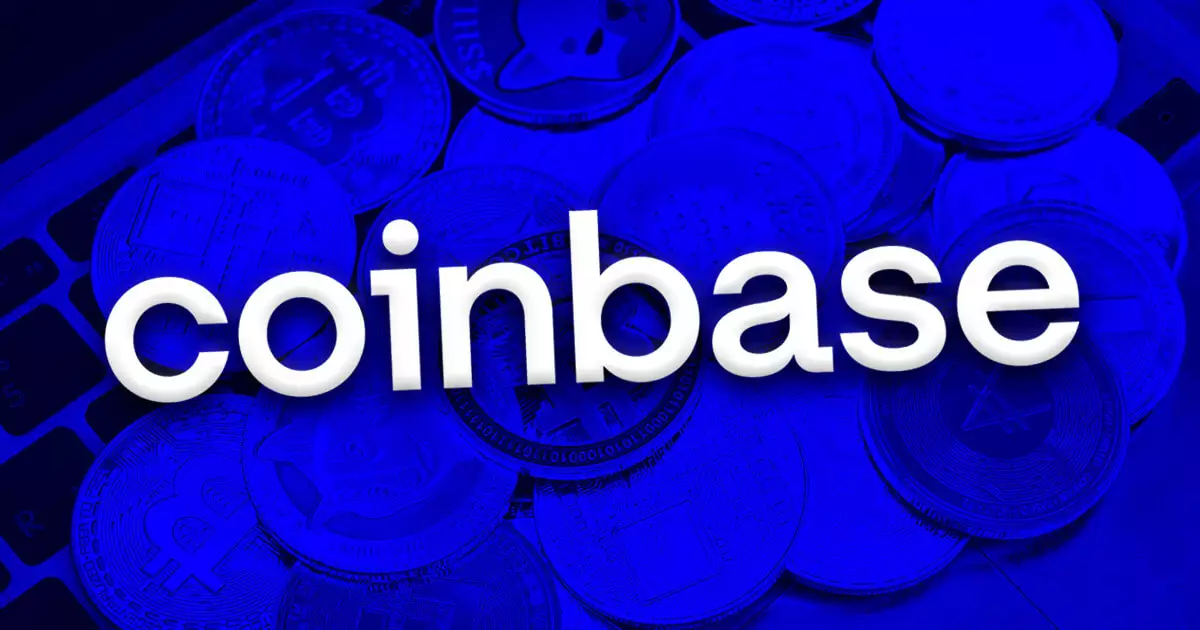Coinbase, the prominent cryptocurrency exchange, has found itself embroiled in a significant legal confrontation with BiT Global concerning the impending delisting of wrapped Bitcoin (WBTC). At the heart of this dispute lies BiT’s pursuit of a temporary restraining order (TRO), which Coinbase firmly opposes, characterizing the lawsuit as lacking any substantive merit. Such disagreements highlight broader issues in the rapidly evolving space of cryptocurrency and pose critical questions about market regulations, standard practices, and consumer protection.
In the court filings submitted to the Northern District of California, Coinbase’s chief legal officer, Paul Grewal, made it emphatically clear that the exchange’s decision to delist WBTC was not made lightly. Coinbase cites substantial operational and ethical concerns regarding BiT’s association with Justin Sun, the founder of TRON, whose reputation for alleged fraudulent activities and market manipulation has raised red flags. This decision underscores Coinbase’s commitment to maintaining the integrity of its platform and protecting its users from potential risks associated with compromised assets.
The crux of Coinbase’s argument for delisting WBTC hinges on BiT Global’s failure to sufficiently clarify the ownership structure of WBTC reserves. As per Coinbase’s assertions, the ambiguity surrounding these assets presents an intolerable risk, and their reluctance to ensure transparency exacerbates Coinbase’s decision. The exchange views the delisting as a necessary measure to uphold the trust placed in it by its users, illustrating a stringent adherence to its operational standards. In the world of digital assets, where credibility and transparency are paramount, such practices can significantly influence consumer confidence.
Coinbase maintained that the need to extract itself from associations with parties that fail to align with its standards is a responsibility they take seriously. This decision is not unprecedented; similar actions have historically been taken by the exchange when faced with comparable situations involving questionable asset legitimacy.
While Coinbase presents a robust defense, BiT Global retaliates with claims of unfair competition, alleging that Coinbase’s decision to delist WBTC serves to elevate its own competing asset, cbBTC, at the expense of consumer trust in WBTC. BiT argues that such actions could irreparably damage their reputation and diminish their financial prospects while also affecting the broader digital asset ecosystem. They contend that the delisting sends a detrimental message about WBTC’s reliability, potentially leading to decreased consumer confidence in the token.
Despite BiT’s assertions, Coinbase has pointed out that a minuscule percentage (less than 1%) of global WBTC transactions occur on its exchange, suggesting that the implications of the delisting may not be as catastrophic as BiT proposes. Coinbase contends that the overall circulation of WBTC was already on the decline prior to their announcement, a trend linked to Justin Sun’s involvement, reinforcing the notion that consumer skepticism stemmed from factors beyond Coinbase’s control.
The legal challenge surrounding WBTC delisting also serves as a reflection of the broader scrutiny over Justin Sun’s significant presence in the crypto industry. His past dealings have drawn the attention of regulatory bodies, including the Securities and Exchange Commission (SEC), and reports suggest that he may also be under criminal investigation. Such factors contribute to the turbulence surrounding assets associated with Sun, casting a further shadow over BiT’s claims of unjust treatment.
As this case unfolds, the industry watches closely, understanding that the outcomes could have substantial implications for regulatory practices and how exchanges manage asset legitimacy within their platforms. The anticipated hearing for BiT’s TRO request on December 18 is poised to set a crucial precedent, particularly if the court grants the request, temporarily pausing Coinbase’s decision to delist WBTC.
The ongoing legal battle between Coinbase and BiT Global not only reflects contentious issues related to the integrity of cryptocurrencies but also illuminates the choices faced by exchanges in maintaining ethical and transparent practices. As the situation develops, it raises essential questions about how major platforms will navigate the complexities of compliance, consumer trust, and the imperative to mitigate risks associated with dubious associations within the crypto landscape. Ultimately, both Coinbase and BiT Global must grapple with the repercussions of their decisions in a space that is increasingly fraught with regulatory scrutiny and market volatility.


Leave a Reply